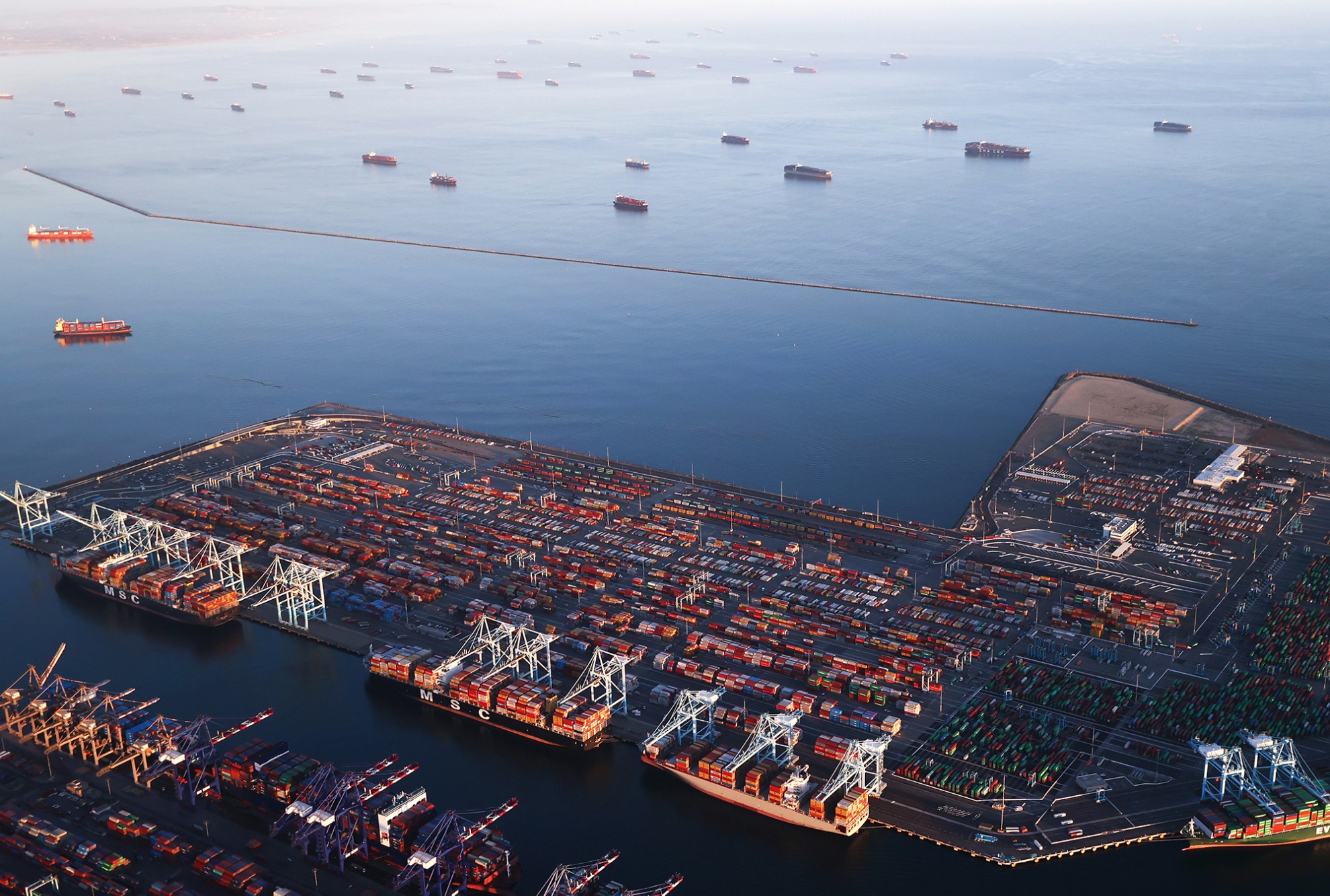Introduction:
The ports of Southern California have long been vital gateways for global trade, facilitating the flow of goods and materials between the United States and the rest of the world. However, recent challenges have led to divergent outcomes for these ports as they strive to rebuild their volumes and regain their position as key players in the maritime industry. In this article, we will examine the factors influencing the varying results and explore the implications for the future.
1. Impact of Global Trade Uncertainties:
The article highlights the effects of global trade uncertainties on the Southern California ports. Ongoing trade tensions, geopolitical shifts, and the lingering effects of the COVID-19 pandemic have disrupted traditional trade patterns. Some ports have been more successful in adapting to these changes, while others have faced significant setbacks.
2. Infrastructure and Efficiency:
Infrastructure and operational efficiency play a crucial role in a port’s ability to handle increased volumes effectively. The article notes that the Port of Los Angeles has made significant investments in infrastructure upgrades, including deepening its main channel and improving rail connectivity. These efforts have paid off, as the Port of Los Angeles experienced a rebound in volumes and regained market share.
3. Environmental Concerns and Sustainable Practices:
Environmental concerns have become a key consideration for ports worldwide. The Port of Long Beach, in particular, has prioritized sustainable practices and implemented measures to reduce its carbon footprint. The article highlights how this commitment to environmental stewardship has attracted shippers who prioritize eco-friendly transportation options. As a result, the Port of Long Beach has seen a steady increase in volumes and maintained a competitive edge.
4. Labor Relations and Supply Chain Disruptions:
Another critical factor impacting the performance of the Southern California ports is labor relations. The article mentions labor disputes and supply chain disruptions that have affected some ports more severely than others. These challenges have led to delays in cargo handling and added costs for importers and exporters. Resolving labor issues and fostering better collaboration between stakeholders are essential for the ports’ future success.
5. Technological Innovation:
Innovation and technological advancements are transforming the maritime industry. Ports that have embraced digitalization, automation, and data analytics have been better positioned to handle increased volumes efficiently. The article points out that the Port of Los Angeles has been at the forefront of technological innovation, implementing systems to optimize cargo flows and enhance operational efficiency.
Conclusion:
The Southern California ports are facing divergent results as they work towards rebuilding volumes. Factors such as global trade uncertainties, infrastructure investments, environmental initiatives, labor relations, and technological innovation all contribute to the varying outcomes. While the Port of Los Angeles has made significant strides in recovering volumes and embracing innovation, the Port of Long Beach’s commitment to sustainability has attracted eco-conscious shippers and boosted its competitiveness. Going forward, it is crucial for all ports to address these challenges and collaborate to ensure the region remains a vital hub for global trade. By embracing sustainability, investing in infrastructure, improving labor relations, and harnessing the power of technology, Southern California ports can strengthen their positions and thrive in an ever-evolving maritime landscape.


